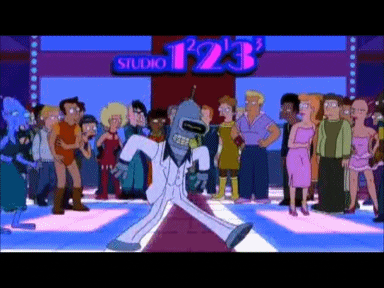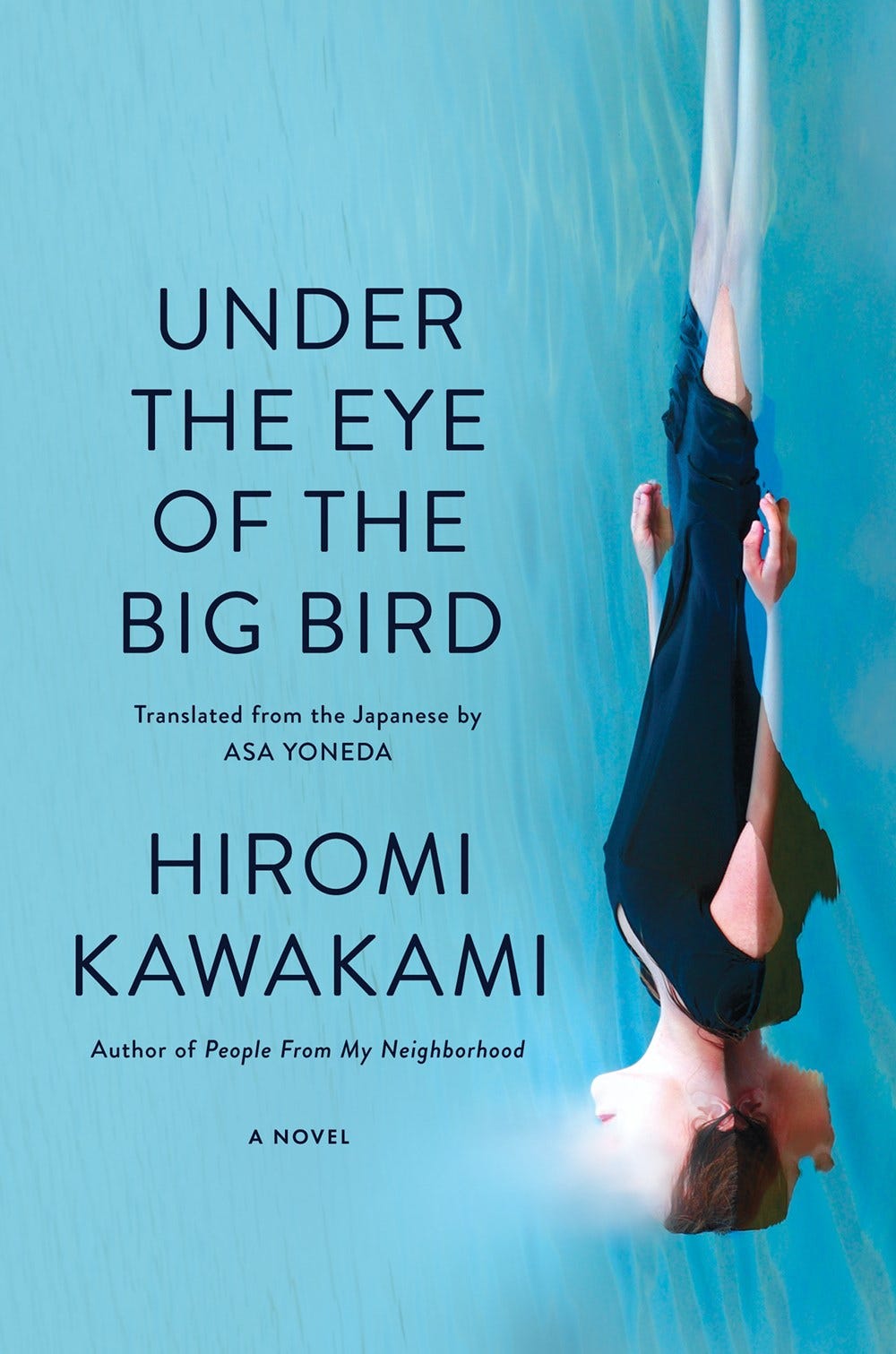Rhythm & Reads #3: Japanese Psychedelic & The End of Humanity
What will the end of the human race really look like?
Welcome to Rhythm & Reads! This is an extension of The Ryry Rundown and you can expect three things: some music to listen to while you read along, a book review, and an assortment of articles and other odds & ends I’ve read over the past week. It’s great to have you here and I hope you have a happy Friday and a relaxing weekend!
Now let’s get into it…
Ryry’s Rhythm

maya ongaku - Electronic Phantoms
From regions around Enoshima, a small island southwest of Tokyo, comes maya ongaku, a small group of musicians who have some great psychedelic vibes.
While their first project, Approach to Anima, had a lot of nature sounds and felt very down to earth and chill, this latest project of theirs released in August 2024 feels like we’re going in the opposite direction. And that makes sense as, according to them, they wanted to make something that makes people want to get up and dance.
I think they succeeded in that, but the dancing done here won’t be a frantic raving dance. No, it’s the more subtle kind that’s got you moving your hips just a little bit or bopping your head here in there. They’re the kind of tunes that you can either completely lock in on or do some light chores while humming along.
According to maya ongaku’s Bandcamp page, they got the album name Electronic Phantoms from an interesting place:
“We are reaching a point where our lives are at the mercy of electronics. With the development of new technologies like AI, it’s becoming harder to distinguish between what is real and what is computer-generated… …To be deceived by machines, or to have our knowledge overtaken—those ideas don’t frighten us. Rather, we’d like to reach a level of understanding with machines. Through jamming along with them. Love isn’t born out of machines; it can only come from within our hearts.”
So maybe AI won’t be the thing that kills us. Instead, maybe we’ll all be dancing along in robot/human companionship.
Ryry’s Reads
Under the Eye of the Big Bird - Hiromi Kawakami
While originally written in 2016 by Japanese author Hiromi Kawakami, Under the Eye of the Big Bird hit western shelves in 2024. But despite that, the book feels almost like it was written for 2024, in a time when climate change is causing real-time changes, fascism is on the rise, and humanity is still recovering from a global pandemic.
While the book doesn’t speak on these issues specifically, it focuses on the thing we fear most as a result of them:
“What happens when we go extinct?”
Told over the course of 14 interconnected stories about humans on the verge of extinction, I found myself a little confused and skeptical in the first 2–3 stories as I was thrown into a world set hundreds of years from now. But as more was revealed to me, confusion was replaced with a very specific sadness that is summed up perfectly in the penultimate story, through the eyes of an AI character:
“You often talk about feeling lonely. I'm unable to experience that emotion, but I do have the ability to internally simulate an analogous response. For some reason, that is the response that arises whenever I tell your story. It's not something I can explain. It never happens when I talk about other things.”
But this book is more than just an act of doomscrolling in book form, and that’s what makes it so refreshing.
Instead, the final chapter caught me by surprise, leaving me in tears as our tale ends not on a note of despair, but one of hope. Kawakami ends her book with a brave tale of how, even at the lowest point of human history, there is still the possibility to face the abyss and ask:
“Is this really the end?”
Odds & Ends
There’s gold in them thar crotches - Joe Des Jardins on Substack
Where's Wally? In Japan - Leon on Substack
Relive your childhood everytime you send a letter with these Spongebob and Goodnight Moon stamps - USPS
A Humble Request
Like what you read and want to support what I do? Consider tipping me on Ko-fi; You’ll ensure I can afford many coffee drinks for the foreseeable future and be able to make just as many posts too!
No matter how big or small the amount, any and all tips will be appreciated! As a consolation of my gratitude, anyone who contributes any amount will have their name displayed at the bottom of my newsletter for all of 2025 (Unless you want to be anonymous, which is fine too!)
My newsletter will never cost money, but your tips help me continue to work on this project and, with enough donations, even grow it too!
A shoutout to my supporters this year:
Tara Y







I like the vibes of the band in this newsletter! Added them to my music library. I also checked, and apparently I tried reading the Kawasaki book and returned it on Libby. But I’ll try to give it another go. Will always give a climate-themed book a second chance.